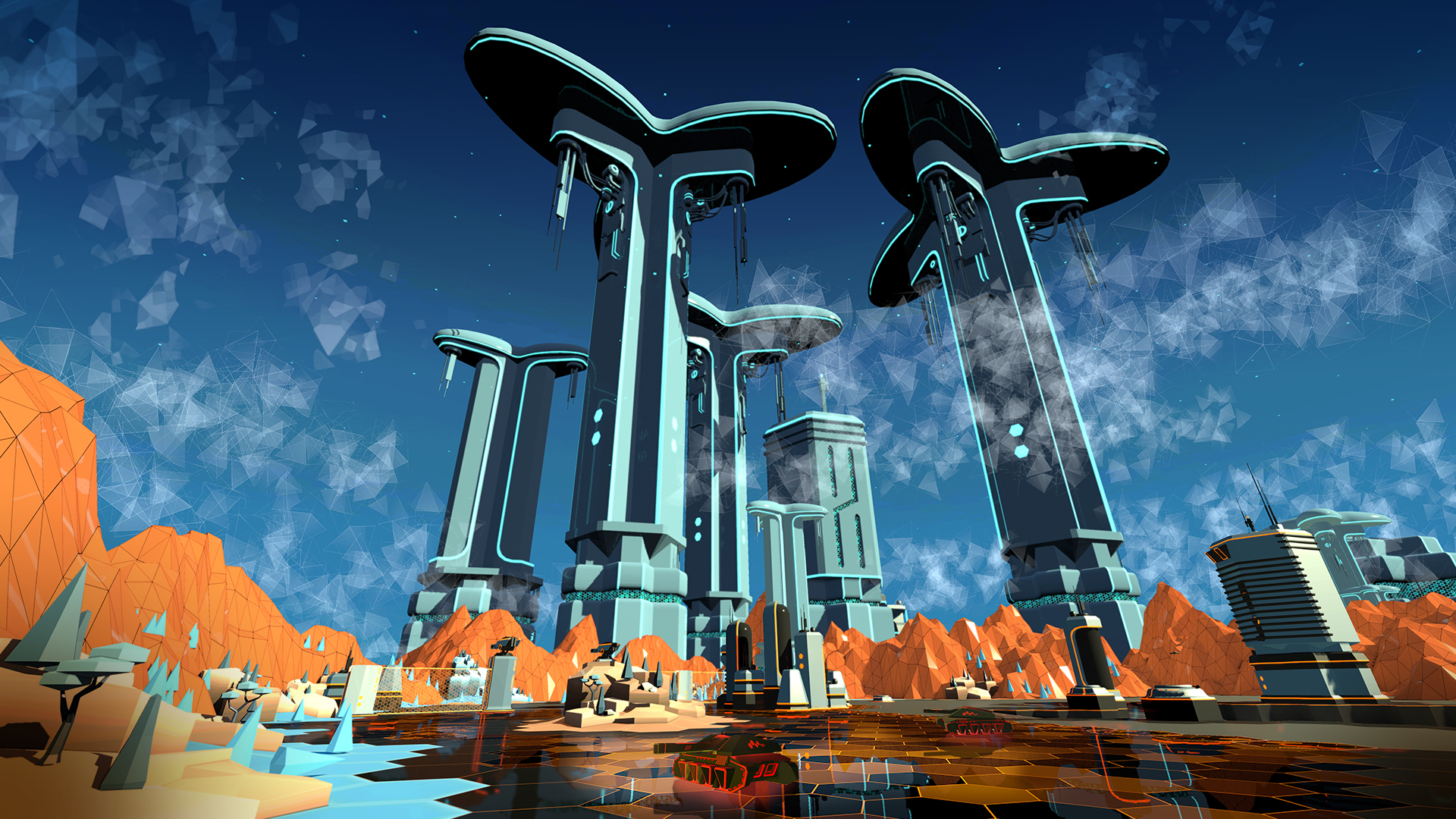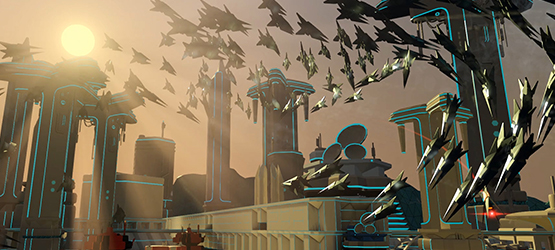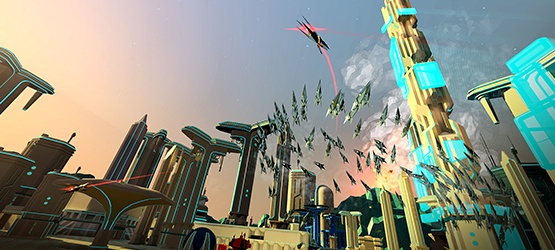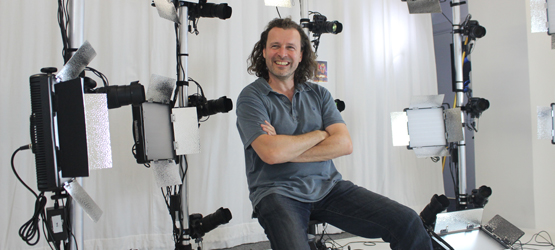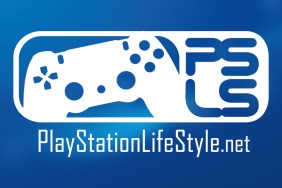
Probably most known for releasing the Sniper Elite franchise, Rebellion is now making a stab at virtual reality with its upcoming reboot of Battlezone for Project Morpheus.
PlayStation LifeStyle had the fortunate chance to chat with the studio about its upcoming PlayStation 4 project, VR development and working with Sony. Representing the studio and answering the questions are Rebellion CEO Jason Kingsley, and Battlezone Lead Game Designer Steve Bristow.
PlayStation LifeStyle: What motivated the team to go for a reboot of such an old game for Morpheus, and what are the risks and challenges involved in taking an old game and introducing it to new technology. Why not just make a new game?
Steve Bristow: The original Battlezone is a game I remember almost more as a sensation than as a set of mechanics. As a kid, I was always excited to see it in an arcade because of the chance it offered to ‘be’ a tank commander, to roleplay I suppose. That was a new thing back then. I had a similar sensation with my first experience of virtual reality, it was new and at the same time made me feel almost nostalgic for that complete immersion that I got from Battlezone.
Of course, as important as the game is to me, so it is for many others and that brings a considerable sense of responsibility. On the other hand, I think we’d be doing a disservice to the groundbreaking spirit of the original if we just copied it. The audience has evolved and the game has to evolve too so we’re making something that is at once, I hope, paying respect to the original but offering a lot that’s new.
Jason Kingsley: Another potential risk factor is if the property simply doesn’t fit the technology. But that’s what’s great about Battlezone – it already was a VR game in its own way with the periscope display. Yes, it was primitive compared to what we now have with Morpheus and other devices, but back then it made us really feel like we were in that awesome tank, and ultimately that’s the same feeling we want to create with our Battlezone.
PSLS: What are the core things from the original that were “sacred” and that the studio refused to change in this VR reboot, and what things did they have creative liberties on to advance it to the modern age?
SB: The first-person perspective for one. VR obviously lends itself best to first-person but I don’t think it’s confined to it; I’m sure we’ll see third-person VR games. Battlezone though, that’s got to be first-person for me. Technically, we’re free to take whatever creative liberties we like, but in practice the Kingsley brothers acquired the title because of their love of the game so, in that sense, we’re constrained only by their need to honour the original.
PSLS: What has been the hardest part of working with VR?
SB: A lot has been written about the physical demands of using the head-mounted display (HDM), the motion sickness problem and so on. We’ve taken great strides in dealing with those issues but along the way, we’ve had to take a few hits. Other than that though, it’s been challenging in the best possible way for a designer; it’s not often you get to explore such untrodden ground.
PSLS: Is there anything that needs to be sacrificed in order to bring a game to a VR environment?
SB: Certainly, we find ourselves dialling down the kind of tricks and gimmicks we normally use to achieve intensity but this is because the native experience is inherently more intense. It makes you realise just how over-the-top we have to be in conventional game design in order to wring a bit of adrenaline out of a player. Movement has been a complex issue to address but we’ve ended up with something that feels so much more dynamic and physical than you can get from a flat screen. In that sense I don’t see it as a sacrifice at all.
PSLS: What does the studio think are the unique selling points of VR/Morpheus. Sony’s marketing aside, how will the developers go about encouraging people to play their game with VR devices as opposed to the traditional way?
SB: It’s an interesting question because you really do have to try it before you can be converted, I think. I’m guessing that all the VR manufacturers are planning on getting HMDs into as many public demonstration forums as possible. We had a bunch of guys in the office a little while ago and they came in knowing little about VR, having no real expectations, but left demanding to know when and where they could buy one. So, I don’t think we’re going to have much trouble selling Battlezone to HMD owners. Once you’ve had the experience, you can easily see how much fun the game’s going to be.
PSLS: Is this coming to exclusively to Morpheus? If so, what about Morpheus drew the studio to it? What separates Sony’s model in what has been become a crowded VR market?
JK: That’s not a decision we’ve made, actually. At the moment Battlezone is coming to Project Morpheus and PC, but our release plans are still very open indeed. In short, nothing’s finalised yet. As you can imagine with a game like Battlezone, there are plenty of options on the table.
PSLS: What is the benchmark for success with Battlezone? Obviously it will be selling to a limited number of hardware owners if it is a VR game, even less if a Morpheus-only VR game.
JK: We haven’t set any success benchmarks as we rarely do that with our games. Though I suppose our goals are simply to make it both commercially successful, and for most people who play it to think it’s great. Making enough of our players happy is the only thing that really matters.
PSLS: Outside of Battlezone, what is the most ambitious project have you seen coming to VR?
SB: EVE Valkyrie looks great and certainly qualifies as ambitious. I think the killer app is going to end up being some kind of MMO, something that captures a large social group and offers a persistent role-playing game. One of the reasons we play those kind of things is because we want to lose ourselves in another world and share it with friends, and VR is a fantastic tool for that kind of experience.
PSLS: How has Sony helped in developing Battlezone aside from dev kits? What kind of support has the company (Sony) given?
SB: Although I can’t go too much into it, Sony has been very helpful as you would imagine. But I think we can also say we’ve helped Sony too, so it’s mutually beneficial. That’s always the best way to work with others in my opinion.
PSLS: Do you think VR could gain enough market share so it’s not seen as just a gimmick?
JK: I don’t think it is a gimmick, a gimmick would be something that has no real value. Put on a VR headset and play the right sort of game, and you’ll quickly see what I think this is a whole new area for games to expand and explore. It will stand alongside ‘flat screen’ gaming though, not replace it.
PSLS: What could Sony do or is doing to ensure Project Morpheus won’t be another PlayStation Move or 3D TV from a developer’s standpoint?
JK: To be honest, I don’t really agree with the premise of the question! But that’s a separate issue, and it’s not really my place to tell Sony what it should or shouldn’t do with Project Morpheus. The company has made a great start this generation with the PlayStation 4, and I think that’s going to put them in really good stead when Project Morpheus launches.
SB: Like all the big VR platform players, Sony are offering potential and they need developers to exploit that potential before the public will buy in. To get beyond demos and experimental games and into the fully realised gaming experiences people demand requires a massive commitment from a developer. Finding ways to support devs and share that risk seems like a critical part of a successful formula for the mainstream success of VR.
We’d like to thank Rebellion for taking time out of their busy schedule to answer our questions. Battlezone will be out on the PS4 at a still-unspecified-date in 2016.
Battlezone
-
Battlezone_01
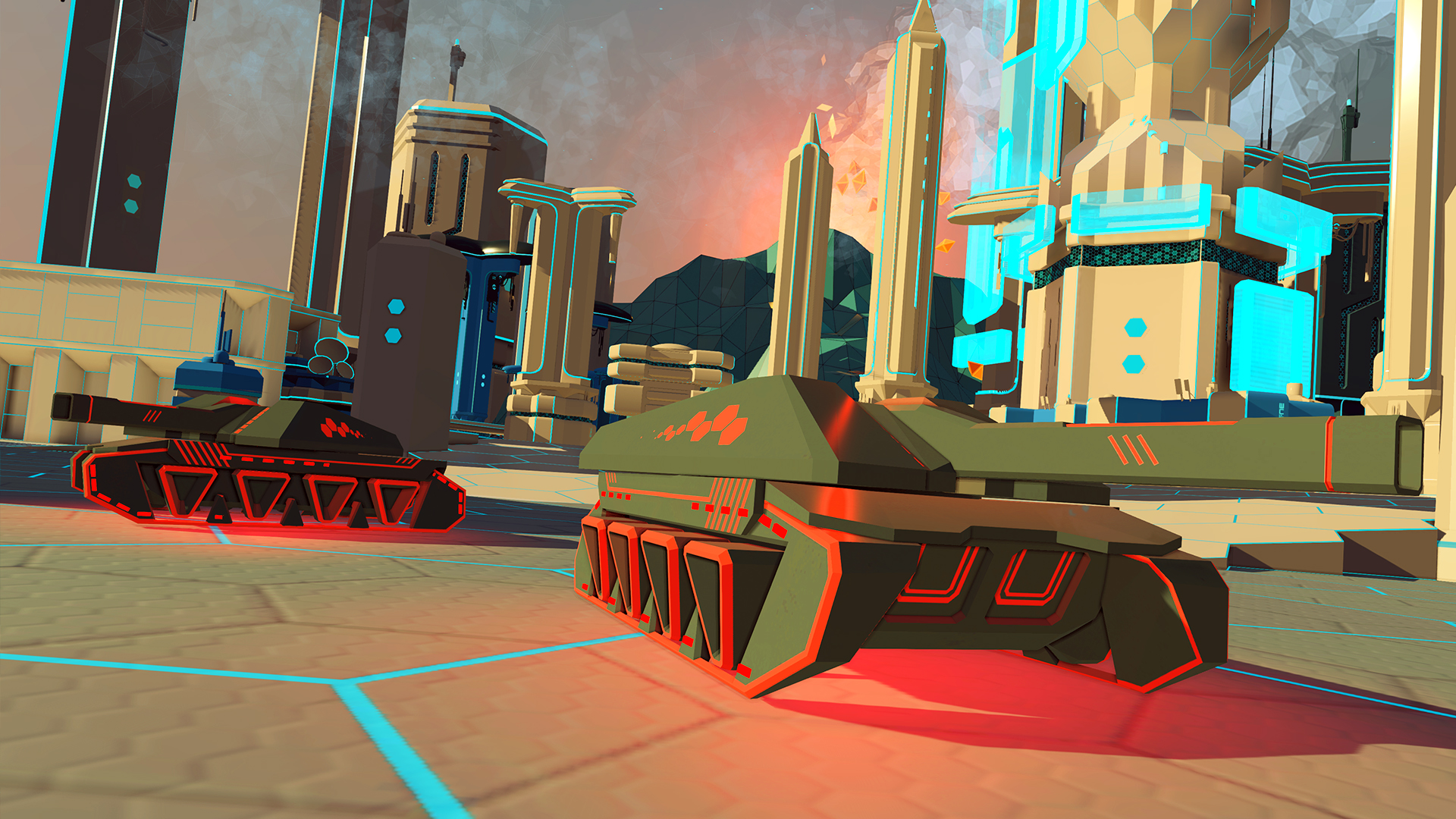
-
Battlezone_02
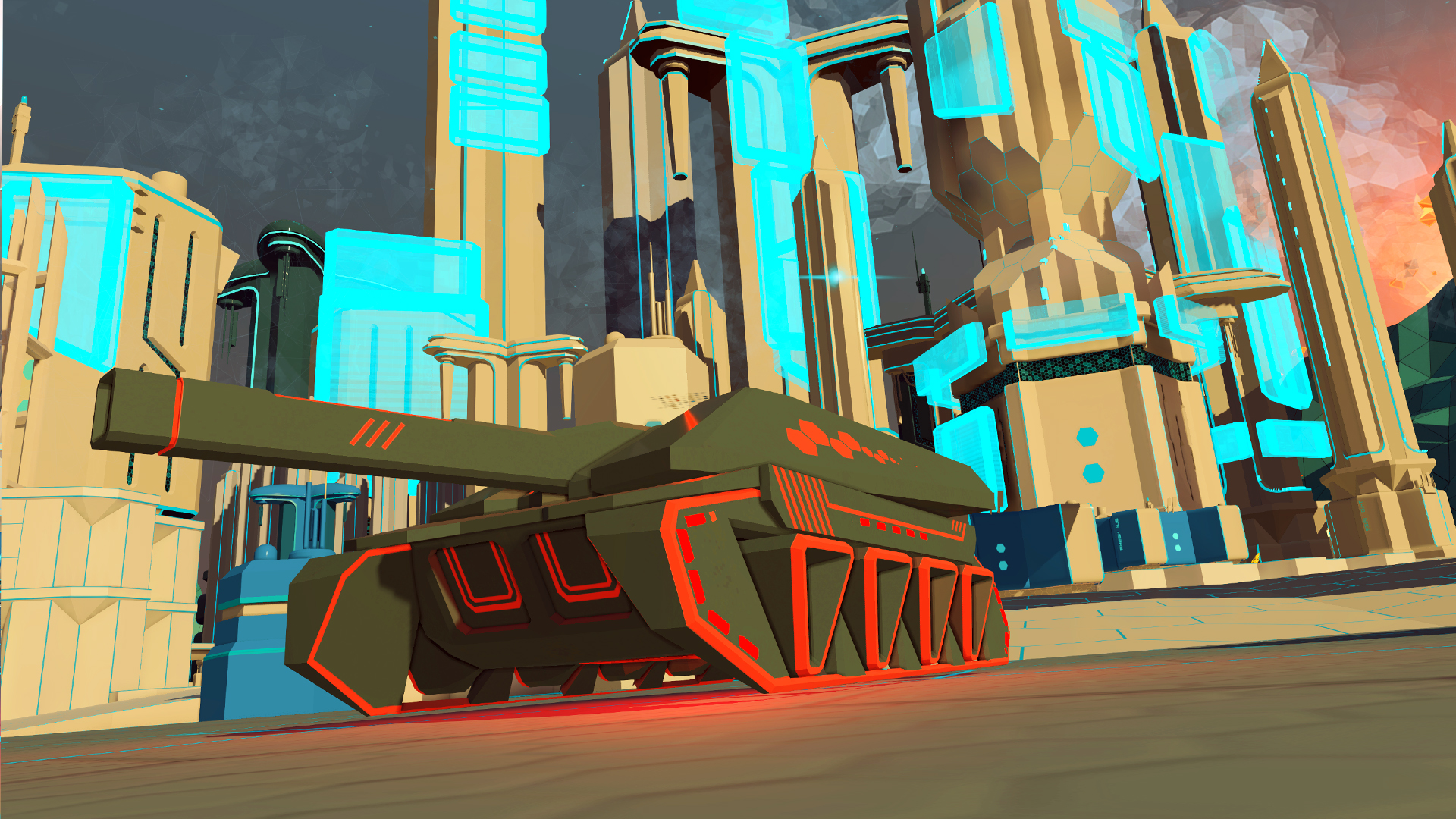
-
Battlezone_03
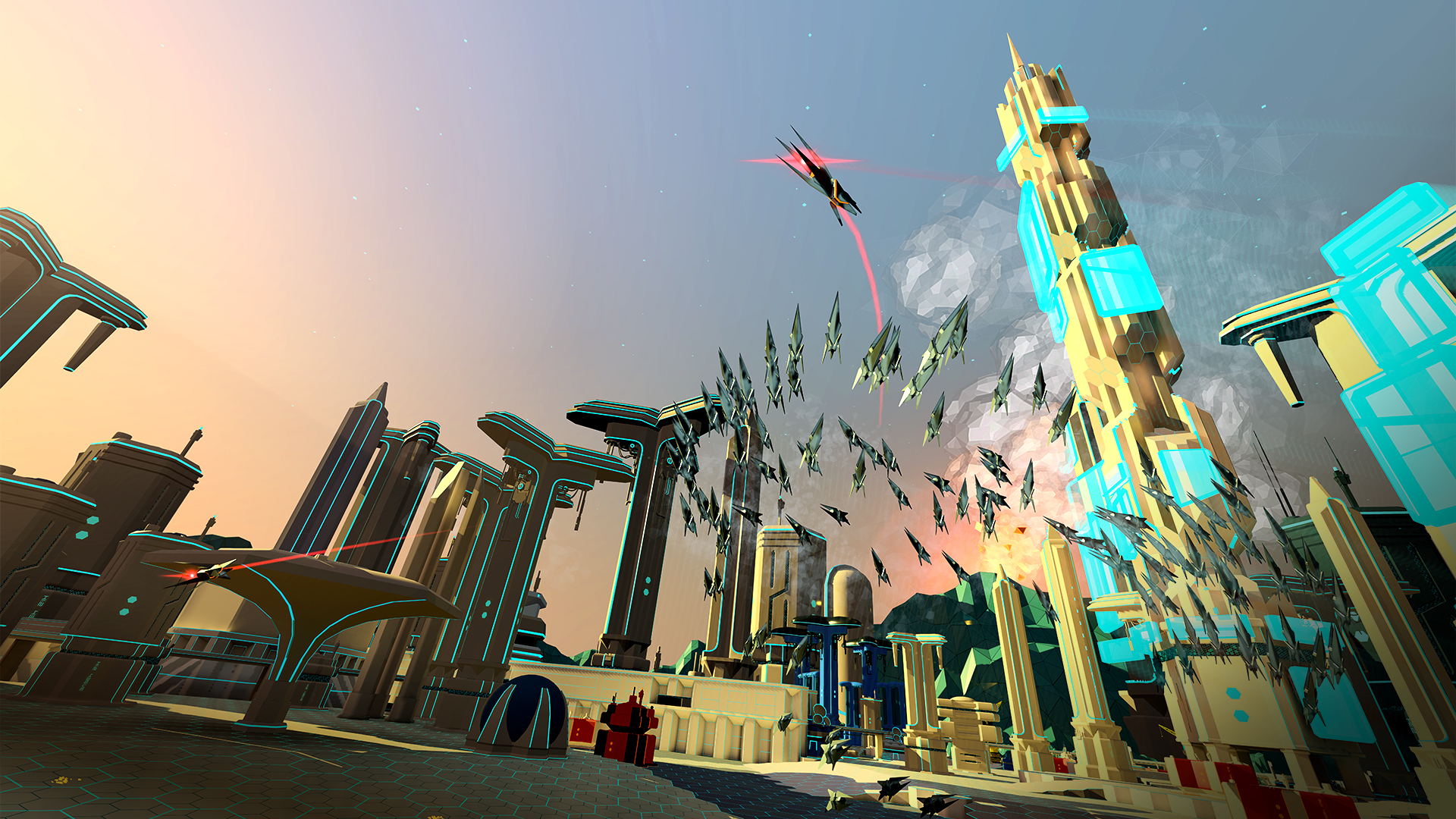
-
Battlezone_04
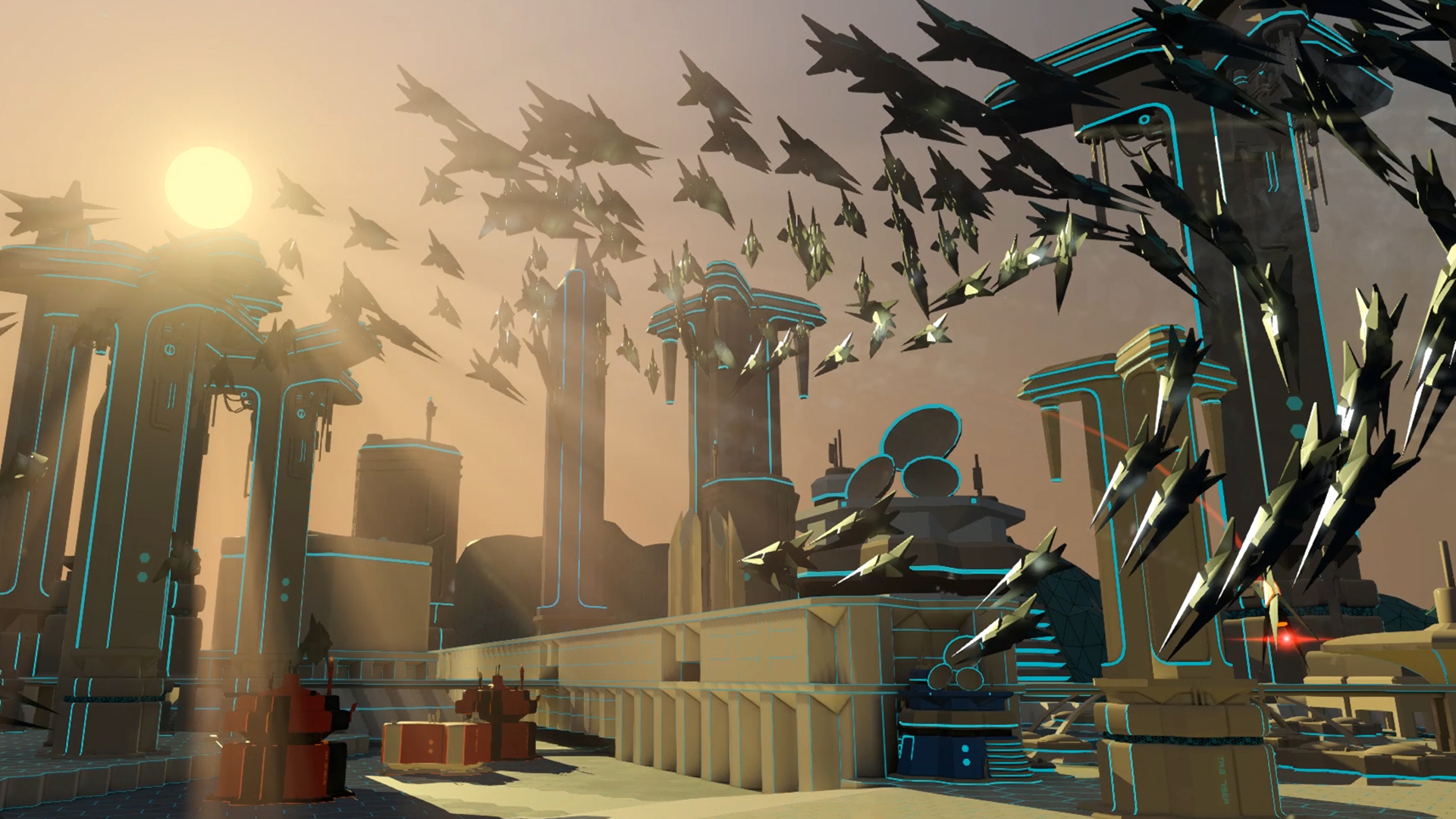
-
Battlezone_05
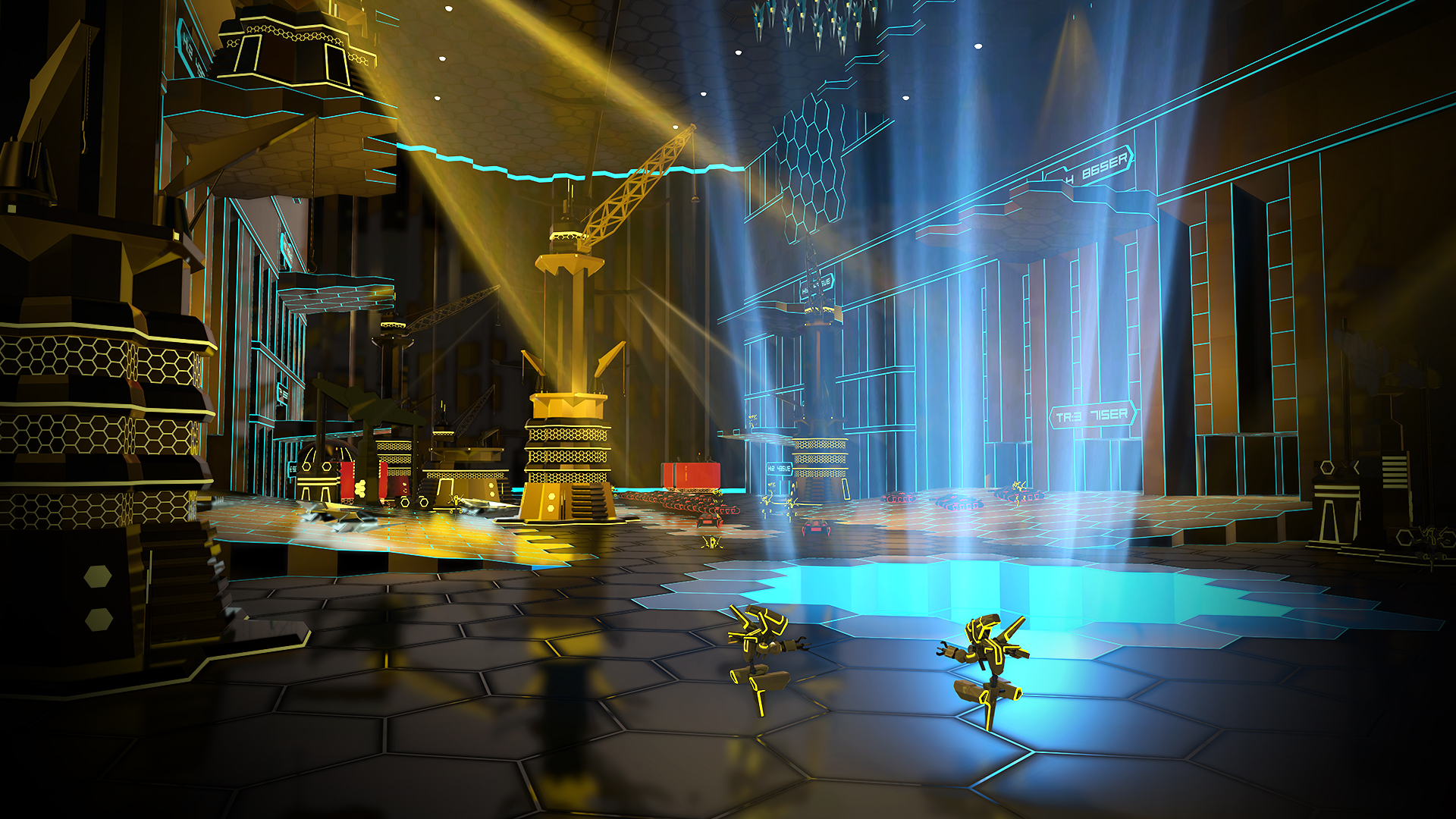
-
Battlezone_06
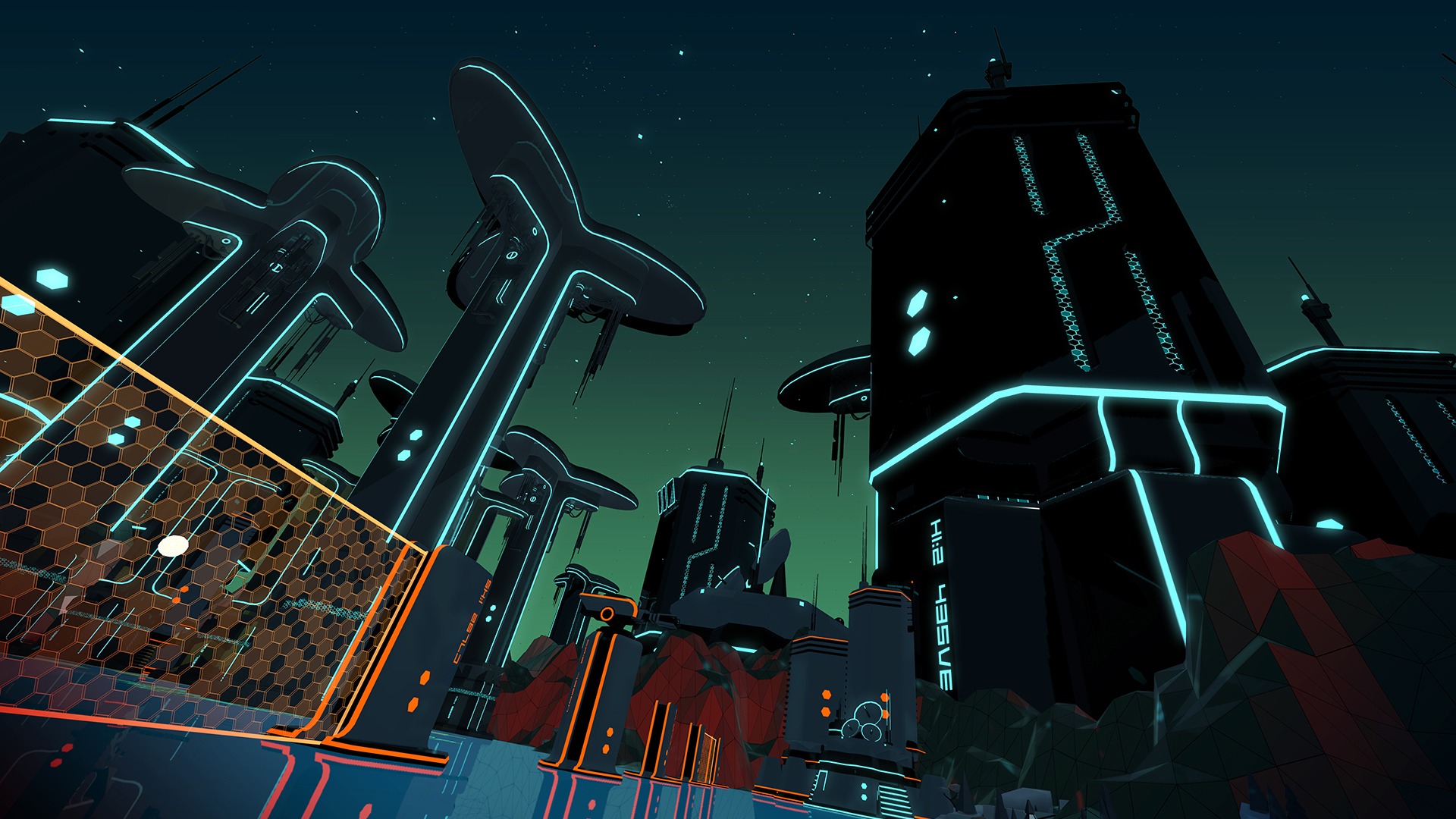
-
Battlezone_07
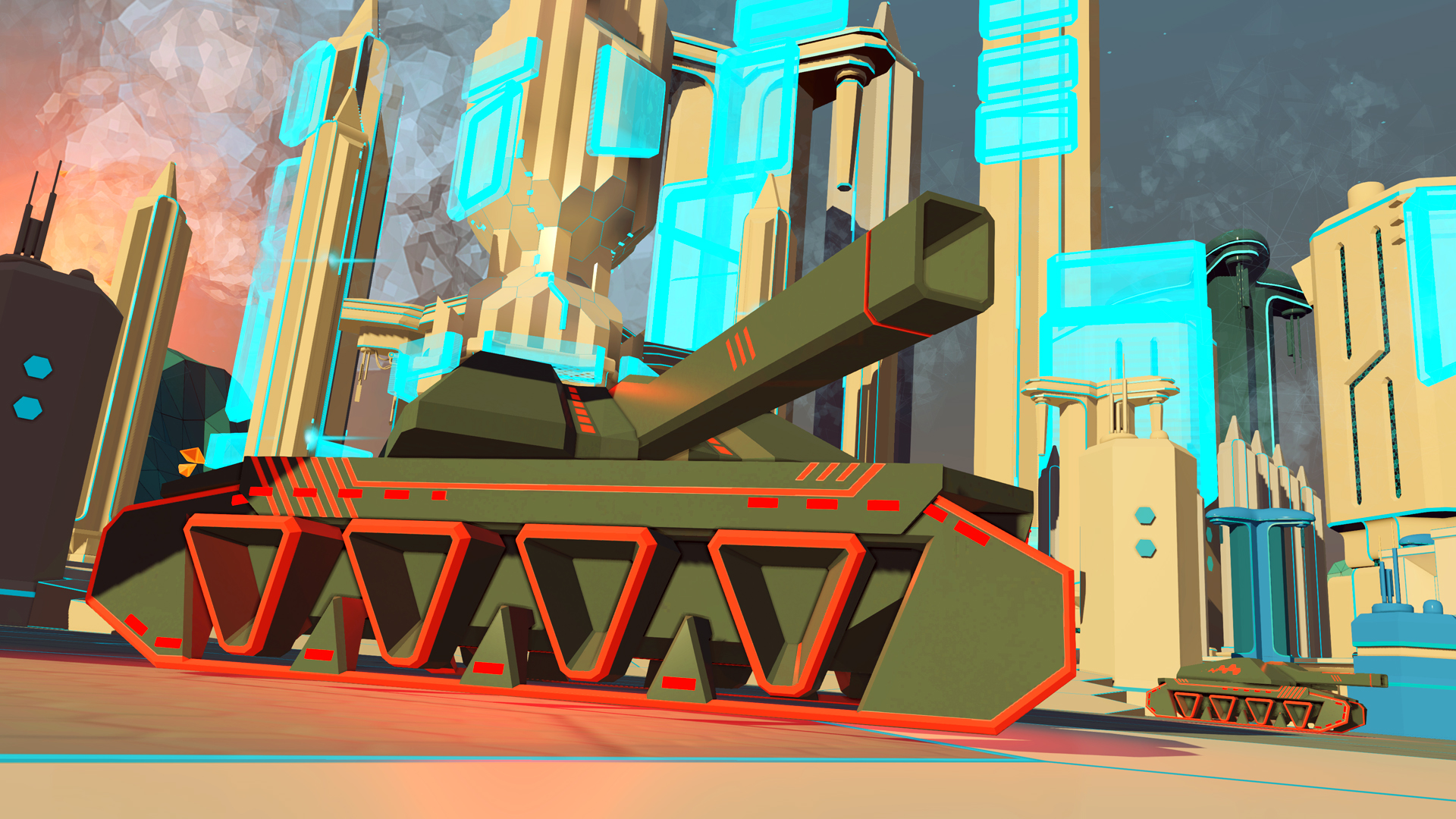
-
Battlezone_08
